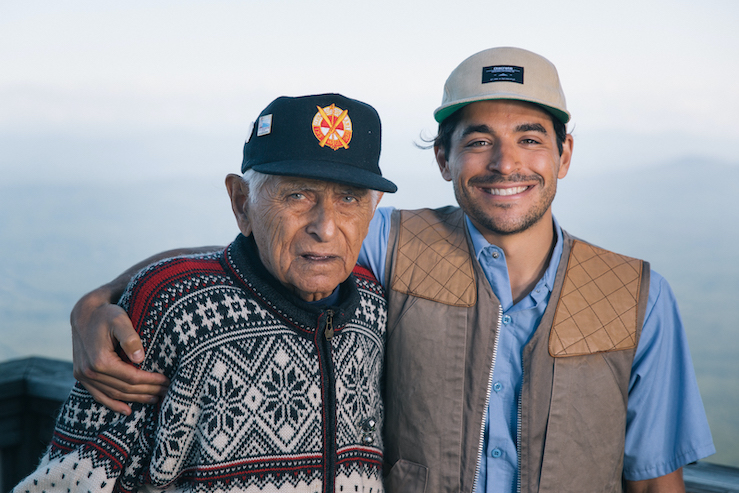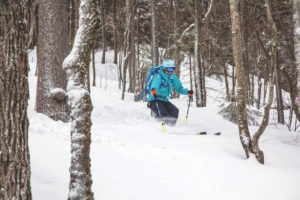
Anthony Lahout never expected to be rubbing elbows with Hollywood elite like Brad Pitt and Scarlett Johansen.
Yet, that’s the situation the New Hampshire native found himself in last month at the Santa Barbara Film Festival, where “North Country,” the short film he helped produce over the last four years, found its way into its first Academy Award qualifying competition.
“North Country” was featured in the American Stories collection, which mostly included tales about people coming into the country, whether or not it be under their own will. One film was about a Russian mail order bride; another detailed the immigration crisis at the Mexican border.
But Lahout’s film stood out from the competition in at least one definitive way.




